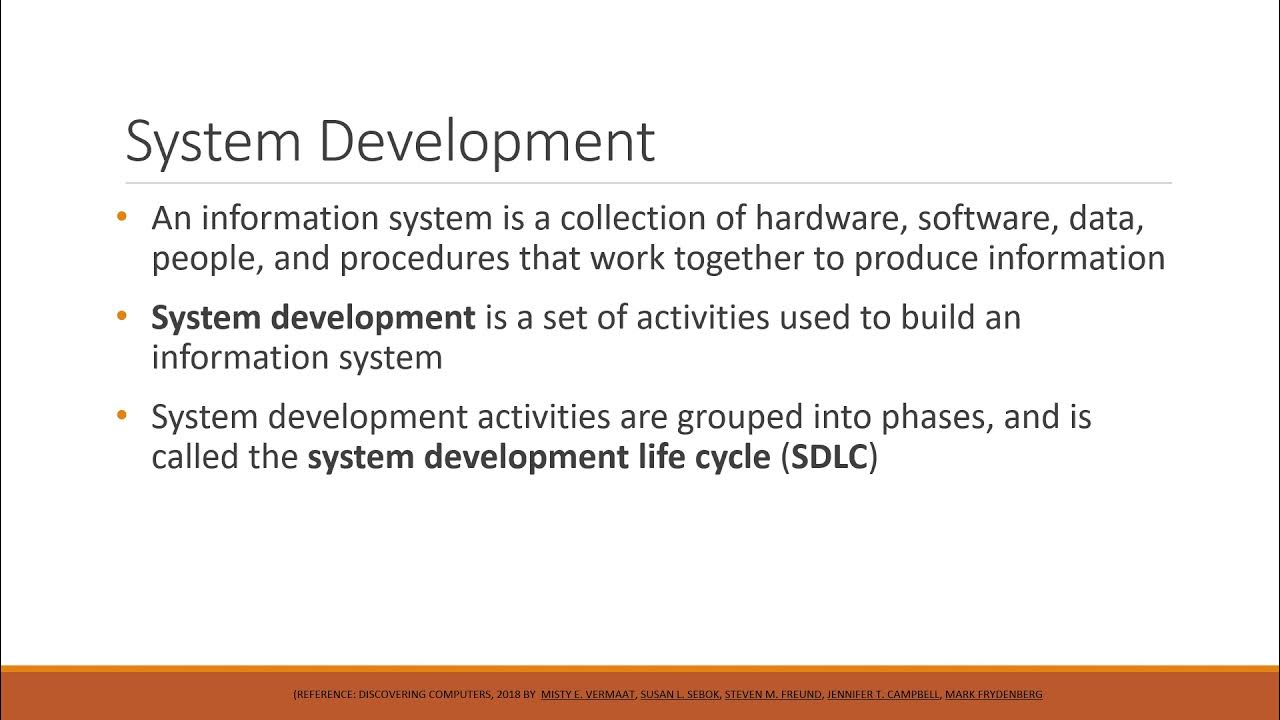What You Will Learn in Module 4
Summary
TLDRIn this module, we explore relational database management systems, focusing on Oracle's unique storage methods. The discussion begins with the significance of schema design and its impact on database architecture. Key aspects such as table relationships are highlighted, emphasizing their importance in overall design. Additionally, we delve into the distinct storage implementations by Oracle, which set it apart from other database providers. Finally, the concept of a database instance is examined, detailing its relevance for database and network administrators. This comprehensive overview aims to enhance understanding of Oracle databases and their efficient management.
Takeaways
- 📚 Schema design is crucial for understanding the organization and structure of a database.
- 🔗 Table relationships must be defined carefully to maintain data integrity and functionality.
- 💾 Oracle's database storage approach is unique and differs from other providers in significant ways.
- 🔍 Proper schema design influences how data is stored, retrieved, and manipulated.
- 🏗️ Understanding schema elements is vital for effective database management.
- ⚖️ Careful consideration of relationships between tables impacts overall database design.
- 🔑 Oracle is a premier solution for databases, known for its long-standing expertise.
- 📊 Database storage methods developed by Oracle have been perfected over time.
- 💻 A database instance represents the actual running environment managed by database administrators.
- 🛠️ Knowledge of database instances is important for network and storage administrators alike.
Q & A
What is the primary focus of Module 4?
-Module 4 focuses on relational database management systems, specifically discussing Oracle's database storage and its unique features.
Why is schema design important in a database?
-Schema design is crucial because it defines how data is organized, how tables relate to one another, and ultimately affects the efficiency and integrity of data retrieval and manipulation.
What are table relationships in a database?
-Table relationships define how different tables in a database interact with each other, which is important for maintaining data integrity and optimizing queries.
How does Oracle's approach to database storage differ from other providers?
-Oracle's implementation of database storage is noted for its sophistication and efficiency, having been a leading solution in the industry for many years, focusing on the effective manipulation, retrieval, and analysis of data.
What is a database instance?
-A database instance refers to the set of memory structures and processes that manage database files, and it is essential for database administrators to understand its function in managing the database.
Why should network admins and storage admins be concerned about database instances?
-Network and storage admins should be concerned about database instances because they play a critical role in the performance, scalability, and reliability of database operations.
What will be covered regarding database storage in this module?
-The module will cover the specifics of database storage as implemented by Oracle, highlighting its unique elements and advantages.
What is the significance of understanding relationships in database design?
-Understanding relationships is significant because improper relationships can lead to data anomalies and can negatively impact the overall design and functionality of the database.
What does the term 'Oracle database' signify in the industry?
-The term 'Oracle database' signifies a premier database solution that is synonymous with reliable data management, known for its robust features and long-standing presence in the database market.
What aspects of Oracle's database will the module specifically discuss?
-The module will specifically discuss schema design, table relationships, Oracle's approach to database storage, and the concept of a database instance.
Outlines

This section is available to paid users only. Please upgrade to access this part.
Upgrade NowMindmap

This section is available to paid users only. Please upgrade to access this part.
Upgrade NowKeywords

This section is available to paid users only. Please upgrade to access this part.
Upgrade NowHighlights

This section is available to paid users only. Please upgrade to access this part.
Upgrade NowTranscripts

This section is available to paid users only. Please upgrade to access this part.
Upgrade Now5.0 / 5 (0 votes)





